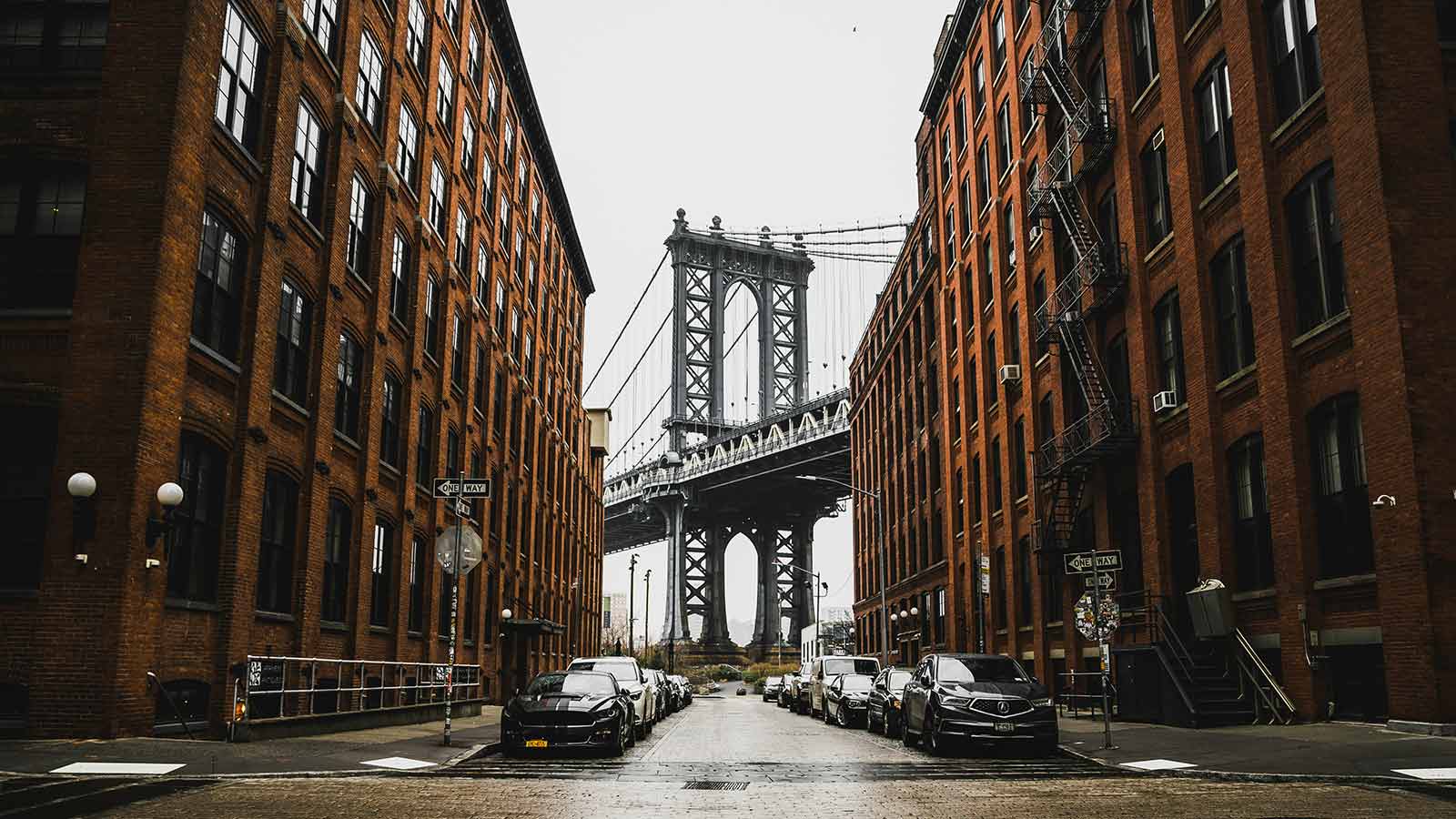
If you're a property owner in New York City, you may have heard of ECB violations or received a violation issued by the Environmental Control Board (ECB). These violations can be confusing and stressful, especially if you're unsure how to address them. This blog will walk you through everything you need to know about ECB violations in NYC, including how to pay fines, request a hearing, and navigate the process with the NYC Department of Buildings (DOB). We’ve also included a detailed FAQ section to answer your most pressing questions.
The Environmental Control Board (ECB) is a city agency that handles violations issued by various city agencies, including the Department of Buildings (DOB), for non-compliance with local laws and regulations. These violations often relate to the building code, safety standards, or property maintenance. Common examples include:
When a violation is issued, it includes details about the infraction, the civil penalties you may face, and instructions on how to resolve it. Ignoring an ECB violation can lead to increased fines, legal action, or even liens on your property. Check out ECB Violations by the ticket number here.

You can search for ECB violations in NYC using the Buildings Information System (BIS) on the NYC Department of Buildings (DOB) website. Simply enter your property address or violation number to view details about any ECB violations or DOB violations associated with your property. This tool provides information about the type of violation, the hearing date, and the status of the case.
ECB violations are issued by the Environmental Control Board for non-compliance with local laws, building codes, or safety regulations. These violations often result in fines and require a hearing at the Office of Administrative Trials and Hearings (OATH).
On the other hand, DOB violations are issued directly by the NYC Department of Buildings for issues such as illegal construction, failure to obtain permits, or unsafe building conditions. While both types of violations can lead to penalties, ECB violations typically involve a formal hearing process, whereas DOB violations may require immediate corrective action or payment of fines.
Ignoring an ECB violation can lead to increased fines, legal action, or liens on your property. It’s important to address the violation promptly, either by paying the fine or requesting a hearing. Need to check if you have a lien on your property through a chain of title?
To request an ECB hearing, follow the instructions on the notice of violation. You’ll need to appear before an administrative law judge at the Office of Administrative Trials and Hearings (OATH) on the scheduled hearing date.
The Office of Administrative Trials and Hearings (OATH) is responsible for conducting hearings for ECB violations and other city agency violations. An administrative law judge will review your case and make a decision.
In some cases, you may be able to reschedule your ECB hearing. Contact the Trials and Hearings OATH office as soon as possible to request a new date.
Bring all supporting documents related to the violation, such as permits, photographs, repair records, or correspondence with the NYC Department of Buildings. These documents can help you build a strong case.
Civil penalties are fines imposed for violating city laws or regulations. The amount of the fine depends on the type and severity of the violation.
You can search for ECB violations using the Buildings Information System (BIS) on the NYC Department of Buildings website. Enter your property address or violation number to view details.
The Environmental Control Board (ECB) is a city agency that handles violations issued by various city agencies, including the Department of Buildings (DOB). It oversees the enforcement of local laws and regulations related to property maintenance, building codes, and safety standards.

Yes, if you disagree with the decision made at your ECB hearing, you can file an appeal with the New York City ECB Appeals Board. You must file the appeal within 30 days of the decision.
A Notice of Violation is a document issued by a city agency, such as the NYC Department of Buildings, that outlines the details of the violation, including the hearing date, the type of violation, and the steps required to resolve it.
The time frame to correct an ECB violation depends on the type of violation and the instructions provided in the notice of violation. Some violations require immediate action, while others may allow a specific period for compliance.
If you miss your ECB hearing, the administrative law judge may issue a default judgment against you, resulting in additional fines and penalties. It’s important to attend the hearing or request a reschedule if necessary.
To avoid ECB violations, ensure your property complies with all local laws, building codes, and safety regulations. Obtain the necessary permits for construction or renovations, and address any maintenance issues promptly.
Dealing with ECB violations in NYC can be overwhelming, but understanding the process and your options can make it more manageable. Whether you choose to pay the ECB ticket or request a hearing, it’s important to act quickly and gather all necessary documentation. By staying informed and proactive, you can protect your property and avoid unnecessary penalties.
If you have further questions or need assistance, don’t hesitate to reach out to the NYC Department of Buildings or consult with a legal professional specializing in administrative trials and hearings. Remember, addressing ECB violations promptly is key to maintaining your property and avoiding costly consequences.